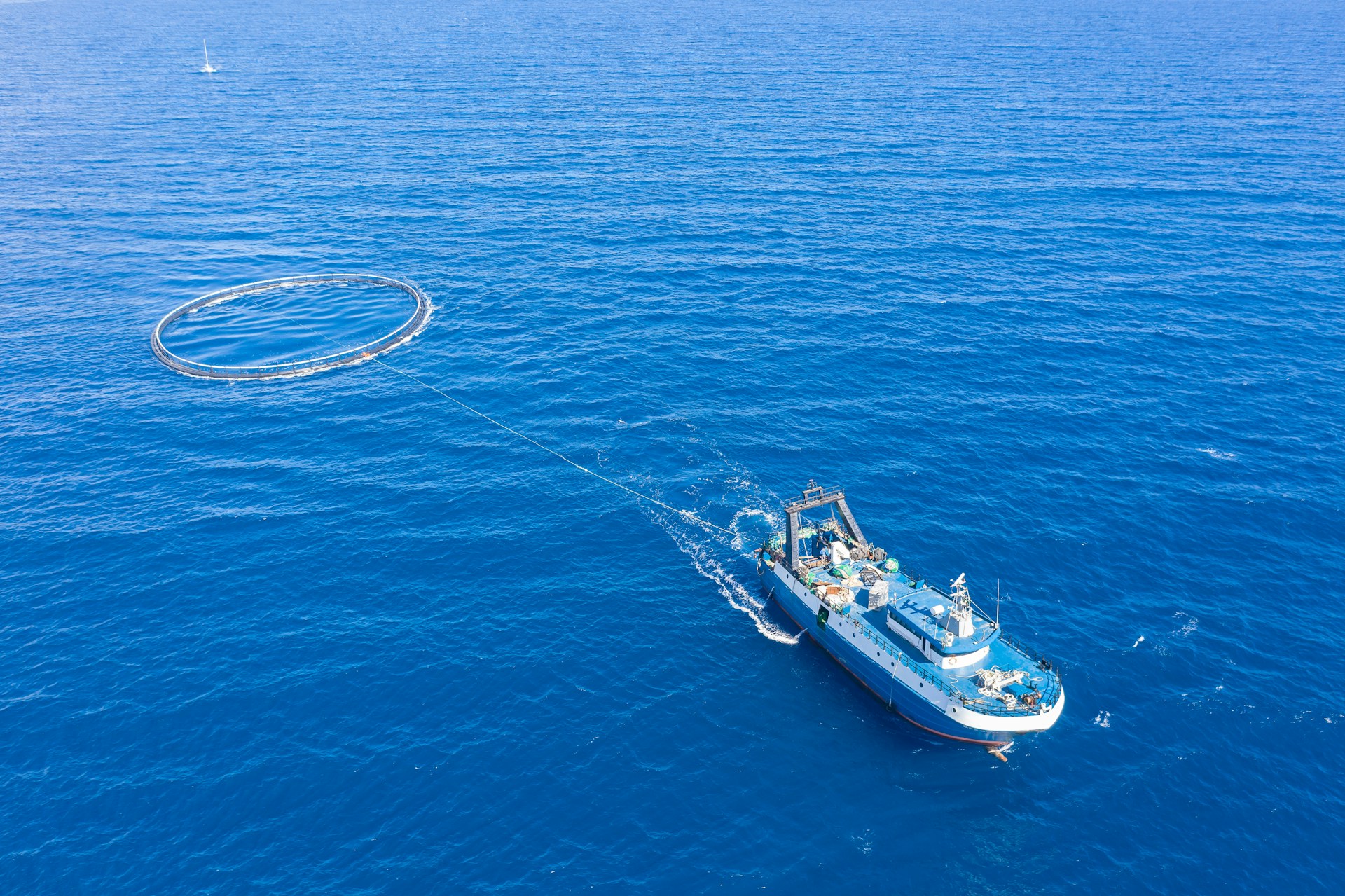Peers Warn Starmer’s EU Deal Weakens UK Negotiating Power

British Prime Minister Sir Keir Starmer has been accused of giving up key bargaining leverage in future European Union talks through his new 12-year fishing rights agreement, according to members of the House of Lords.
A report released by the House of Lords European Affairs Committee warned that the Prime Minister’s “reset deal” with Brussels could allow the EU to gain the upper hand in upcoming energy negotiations.
Under the arrangement agreed by Labour in May, EU fishermen will retain access to UK waters until 2038. However, the energy chapter—which governs Britain’s access to the EU electricity market under Boris Johnson’s Trade and Cooperation Agreement (TCA)—will continue to be renegotiated on an annual basis.
Originally, both sides linked fishing rights and energy access by giving them matching expiry dates. But in the new deal, while Brussels secured a 12-year extension for fishing, London failed to achieve a similar long-term commitment for energy cooperation.
“The new arrangements provide a degree of political comfort that the TCA energy title will continue to apply beyond 2027, notwithstanding the uncertainty created by the need for formal annual renewal,” the Lords report stated.
The committee added: “We ask the Government to set out the rationale behind these arrangements and to set out its degree of confidence that the energy provisions will not be used as leverage by the EU in future.”
When Boris Johnson and his Brexit negotiator Lord Frost first brokered the TCA, both men intended to use fishing access and energy cooperation as mutual leverage. Soon after, France repeatedly threatened to block the UK from EU energy markets during disputes over post-Brexit fishing rights.
In its wide-ranging assessment, the committee concluded that Starmer’s “reset” had produced both winners and losers on each side.
Many British fishermen expressed frustration that guaranteeing EU vessels 12 more years of access would harm domestic fleets. On the other hand, Tavish Scott of Salmon Scotland said aligning with EU rules on plant and animal health would make exporting seafood easier, benefiting the industry overall.
“As always, with these EU deals, there were some areas where the UK benefited a lot, and other areas where the EU will feel that they had secured a better deal,” said Lord Ricketts, chair of the committee, in an interview with The Telegraph.
However, the report also cast doubt on Sir Keir’s assertion that the agreement would deliver a £9 billion boost to the British economy. “There was consensus among our witnesses that the overall economic impact of the Government’s reset objectives, if all were achieved, would be marginal, albeit positive,” it said.
The Lords further raised concerns over democratic oversight of the UK’s continued alignment with EU food safety and energy regulations. Under the current structure, compliance will be monitored by the European Court of Justice, based in Luxembourg.
The Government has yet to explain how it plans to handle ongoing updates to these EU standards.
Lord Ricketts commented: “It won’t be at the top of the Government’s mind but there will be regular, probably very heavy flow, of amendments and updates to regulations if the UK is going to stay aligned with the EU as they evolve in this area.
“So that’s a whole area where Parliament is going to have, together with the Government, to scrutinise in the future.”
The report ultimately concluded that while Starmer’s agreement represents an effort to stabilize UK-EU relations, it may have sacrificed long-term negotiating flexibility—especially in critical areas such as energy.